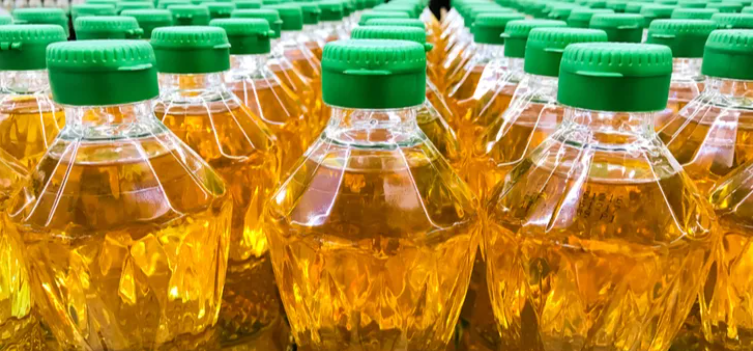Most of us are determined to do the right thing by the planet. But sometimes, it’s a case of what we don’t know …
This product is in ice cream, soap, pizza dough, lipstick, detergent and thousands of other food items and household products. It’s in an estimated half of all packaged products, according to the World Wildlife Fund (WWF), and its consumption is doing serious damage to the planet.
We’re talking palm oil.
Palm oil comes from the fruit of oil palm trees and is the most widely consumed vegetable oil in the world. Most of it is produced in Malaysia, Indonesia and Thailand, as well as in South America and parts of Africa.
It’s a very efficient crop and harvests help to alleviate rural poverty, says the WWF, but irresponsible production is causing widespread rainforest destruction and wildlife loss, and exacerbating climate change. And increasing global demand for vegetable oils – it is expected to grow by 46 per cent by 2050 – is threatening more of the same.
A study by the University of Queensland says it’s past time we looked at alternatives. According to the report, oil palm expansion has directly contributed to a staggering 50 per cent of deforestation in Malaysian Borneo, threatening species including orangutans, gibbons and tigers.
But there’s more.
“Industrial oil palm expansion by large multinational and national companies is also often associated with social problems, such as land grabbing and conflicts, labour exploitation, social inequity and declines in village-level wellbeing,” the study’s authors wrote.
But before we can move to alternative oils, Australian and international scientists say the options must be carefully assessed.
“Meeting this demand through additional expansion of oil palm versus other vegetable oil crops will lead to substantial differential effects on biodiversity, food security, climate change, land degradation and livelihoods,” say the authors.
They referred to other major oil crops such as soybean, rapeseed, cotton, peanuts, sunflower, coconut, maize and olive, but said a benefit of palm oil was that it produced more oil per area than those crops.
The authors say we must urgently conduct more research into the impacts and trade-offs of using other vegetable oil crops.
“In a world with finite land and growing demands, we must consider global demands for food, fuel and industrial uses hand in hand with environmental conservation objectives,” they say.
An earlier University of Queensland study found there was little evidence that a certification scheme for palm oil plantations was improving protection of critically endangered orangutans in Borneo.
It concluded that vague targets, concepts and terminology left too much to interpretation.
Were you aware of the concerns surrounding palm oil? Will you now be more conscious of product alternatives?
If you enjoy our content, don’t keep it to yourself. Share our free eNews with your friends and encourage them to sign up.
Related articles:
https://www.yourlifechoices.com.au/government/centrelink/centrelink-news/end-of-year-help-for-age-pensioners
https://www.yourlifechoices.com.au/retirement/retirement-income/angry-retirees-hit-out-at-rba
https://www.yourlifechoices.com.au/health/wellbeing/how-to-create-a-healthier-you-boost-your-memory-and-reduce-stress

